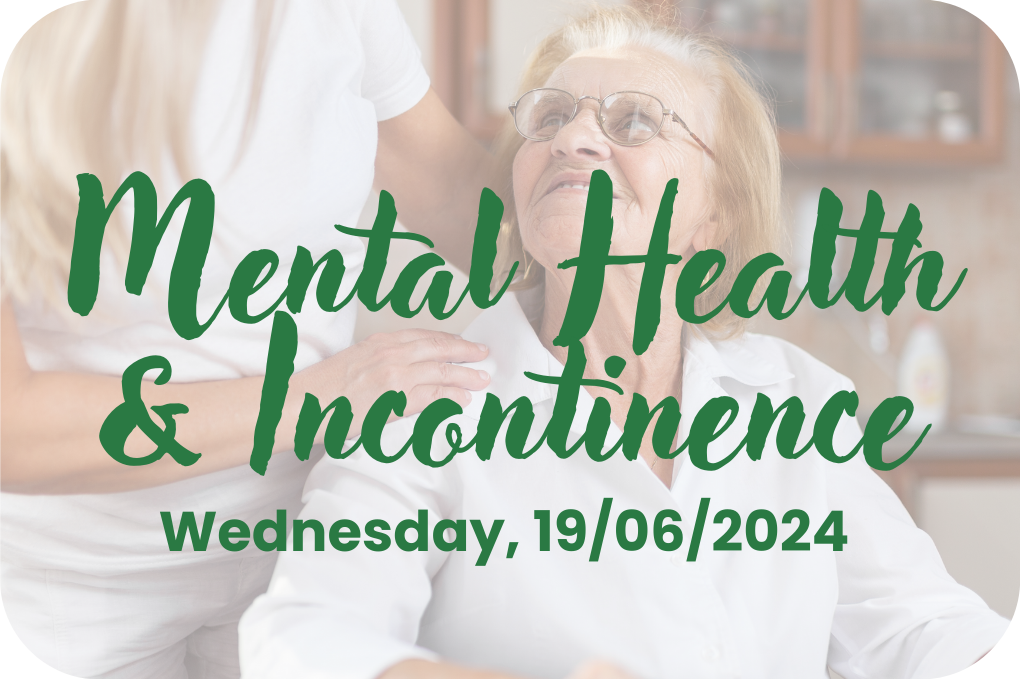Mental Health & Incontinence

This article was part of our series for World Continence Week 2024.
As part of our series of articles on the different aspects of incontinence, today will focus on the mental factors of incontinence – that is, how it affects not just our body, but also our psyche.
Many people experiencing incontinence share a sentiment one study once described as “incontinence does not kill you, but it takes your life away”. Losing control of an essential process of ones body can be a humiliating experience, doubly so if it happens in a public setting. It is only normal for the mind to be affected by that.
Depression is a common condition among individuals affected by incontinence, as the feeling of loss of control of their body can evoke loss/sadness in general. In fact, a 2021 study among people in residential care in Australia found that over half suffered from some degree of depression. Additionally, episodes of heavy depression can worsen already existing incontinence as the energy for vital day-to-day tasks like toileting is simply not there: A person that is still continent to some degree might lose what continence still remains when affected by heavy depression. This can trap a person in a vicious cycle, where both conditions exacerbate each other.
Anxiety is likewise common, as the stress and worry about a situation can be worsened when factoring in incontinence – and can also be caused by it, as the worry about having an episode of incontinence can make any situation anxiety-inducing. This anxiety can be made even worse through fear of others and their opinions. That is why, as a carer or family member, it is vital to be understanding of your loved ones’ incontinence; judgement could only worsen the issue, never make it better.
What Does This Mean For You?
If you as an individual are affected by incontinence, the first thing to understand is that you are not alone. Both incontinence itself and feelings like shame or embarrassment at an episode are common and shared by millions of people around the globe. Likewise, there are many communities and self-help group for affected people & their carers, and seeing firsthand how common the problem is can help putting it into perspective.
It is also worth to note as in any case mental health is involved: If you feel depressed, anxious, or overwhelmed with the issue, seek professional help and support. None of us can deal with every issue alone.